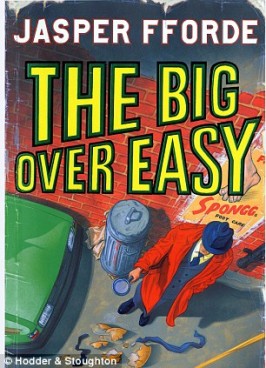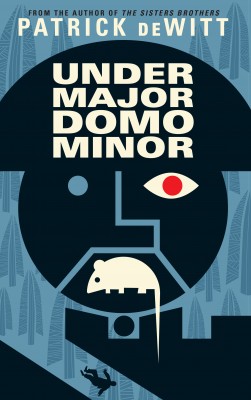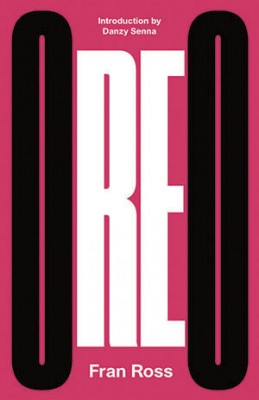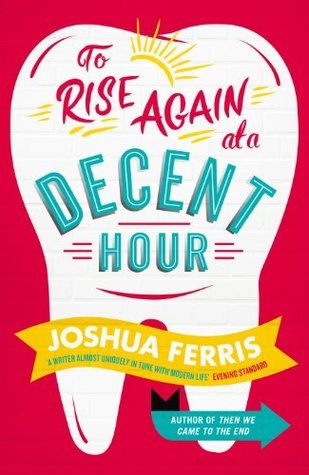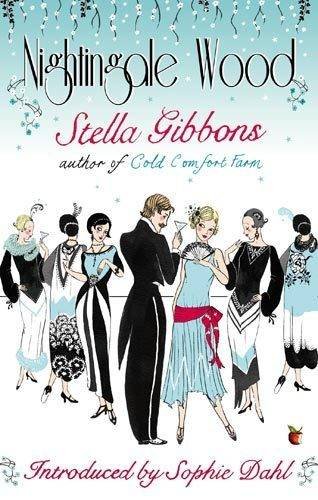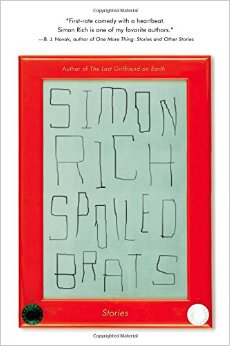It’s no secret that I’m a massive fan of Fforde’s The Eyre Affair and its sequels, but for some reason I had never ventured into any of his other novels. Fforde did a live chat with the Guardian recently, which reminded me of this fact, and prompted me to give this series, “Nursery Crimes”, a go.
Continue reading The Big Over Easy and The Fourth Bear
Lucien (Lucy) Minor is a teenager living somewhere in proto-industrial Europe. Spurned in love and in search of adventure, he takes a post as undermajordomo (that is, assistant to the majordomo, or chief steward) in the gloomy Castle Von Aux. (What happened to the previous undermajordomo, you ask? No one seems to want to talk about that.)
Continue reading Undermajordomo Minor
On page one of this novel, Oreo’s paternal grandmother and maternal grandfather, on receiving the news that their offspring would be marrying a black woman and a Jewish man (respectively), are gripped by racist outrage so powerful that it paralyses one of them and kills the other outright. On page three, the author sets out a scale, numbered one to ten, according to which black skin tone can be categorised; she describes her characters using this scale as they are introduced. To call this novel transgressive would be an understatement.
Continue reading Oreo
Anyone who followed the Morning News’s Tournament of Books this year (which I assume – possibly naively – includes everyone I know) may recall Nicole Cliffe’s judging round, in which she wrote, of Emily St. John Mandel’s novel Station Eleven, the following:
“Station Eleven turned out to be the fiction equivalent of the 121st episode of Star Trek: The Next Generation in which Kamala, played by the luminous Famke Janssen, is an empathic metamorph designed to adapt herself to become the perfect mate for an important diplomat. She winds up adapting to Picard, instead — it’s a great episode, you should watch it. And in this metaphor I am Picard, and Station Eleven is Kamala. It would be impossible for a book to be better suited for me. It is unfair that I have been placed in a position to evaluate its merits at all.”
Continue reading To Say Nothing of the Dog
There must be something in the water around here, because for the second time in a couple of weeks I have a coming-of-age novel starring a protagonist named Katherine. I have to confess that while it seems like this one might be a beloved modern classic, I had never heard of either the author or the novel until First Tuesday Book Club (which is what I persist in calling it despite the name change*) announced it for the March show.
Continue reading Brother of the More Famous Jack
In the second of two American shortlisters for this year’s Booker Prize, Paul O’Rourke is a dentist, atheist, and Red Sox fan. His atheism is, however, constantly overpowered by his desire to belong to some kind of community, and he habitually dates women from large religious families (WHICH religion doesn’t particularly matter) into which he attempts to insert himself. Then, one day, a patient drops hints about a displaced race of people from Biblical times, the Ulm (Ulms? Ulmites? I don’t quite know). Shortly thereafter, someone begins impersonating Paul in various online locations, posting streams of jargon and obscure ancient texts about the Ulm…ians.
Continue reading To Rise Again at a Decent Hour
From the lady who brought us Cold Comfort Farm comes a slightly more serious, but no less sarcastic, novel. Gibbon has the happy ability, shared by so few (Dickens and Austen come to mind), of being able to deliver a Work of Literature in a way that feels more like sitting in a sunbeam eating fairy floss.
Continue reading Nightingale Wood
I rarely read short stories, because I usually find (unless they’re linked together somehow, by more than just a theme) that it’s a lot harder to sink my teeth into them; however well-expressed, the ideas in them just can’t be developed to the same extent as novels. (There are exceptions, and my taste runs South American; Borges and Cortazar in particular.)
Continue reading Spoiled Brats
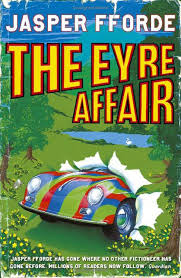
In an alternative 1985, dodos and neanderthals are no longer extinct, the Crimean war is entering its 131st year, and French Revisionists are suspected of tinkering with the Battle of Waterloo. More importantly, the barriers between fiction and reality are not as solid as one might think, and crimes against literature are considered sufficiently serious to warrant a dedicated Literary Detective force. This is the first and best in a series that is pure joy for the repressed Arts grad in all of us, as it tinkers with the rules of logic, history, matter, and reality (and along the way manages to answer the question of who REALLY wrote Shakespeare’s plays). Literary (and artistic and historical) winks and jokes abound; I’ve read it at least ten times and I’m pretty sure I’m still not getting some, having never read “Martin Chuzzlewit” – still, I really believe that even those with minimal experience of the English canon will enjoy these books. Having said that, an acquaintance with the basic plot of Jane Eyre will help.
